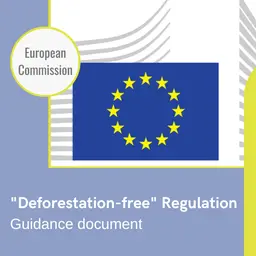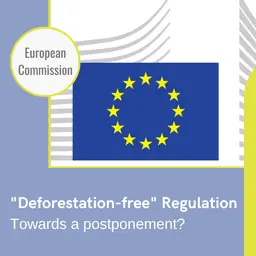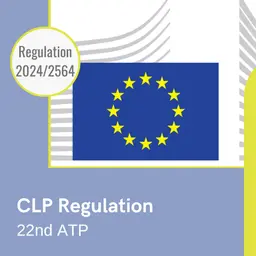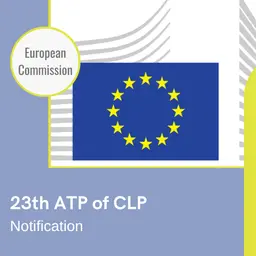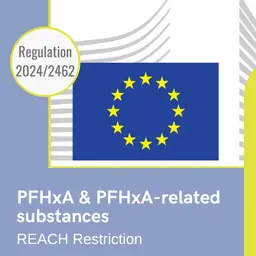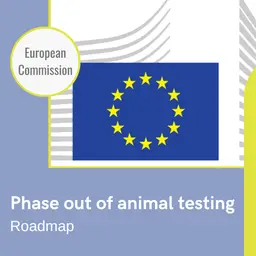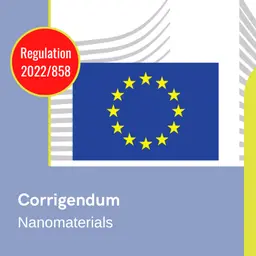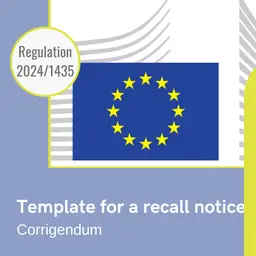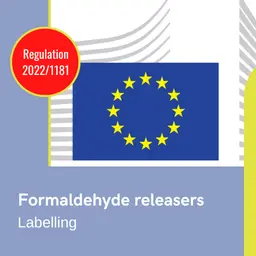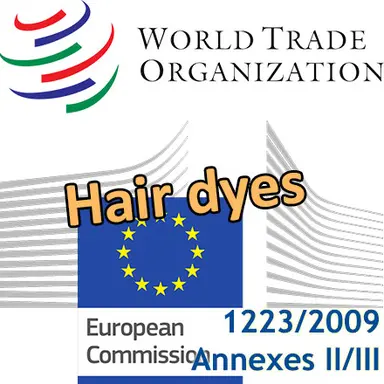
On 12 March 2020, the European Union transmitted to the WTO a draft Regulation intended to ban three substances and limit the maximum concentration of six others in hair dye products, as well as to limit the concentration in products intended to colour eyelashes. The amendment of Annexes II (prohibited substances) and III (restricted substances) of Cosmetics Regulation 1223/2009 is expected to be adopted in the 4th quarter of 2020.
Notification Date
12 March 2020
Products covered
Cosmetics
Title of the notified document
Draft Commission Regulation amending Annexes II and III to Regulation (EC) No 1223/2009 of the European Parliament and of the Council on cosmetic products
Content
The draft measure proposes to ban three substances for use in hair dye products due to their potential genotoxicity and mutagenicity found by the EU Scientific Committee on Consumer Safety (SCCS). In addition, the draft proposes to restrict in Annex III to the Cosmetics Regulation the maximum concentrations of six substances for use in hair dye products and of one substance for use in products intended to colour eyelashes. The proposed maximum concentrations are based on the positive opinions of the SCCS on these substances.
Objective
Protection of human health or safety
The text of the future regulation
Whereas
Following the publication of a scientific study in 2001, entitled “Use of permanent hair dyes and bladder cancer risk”, the Scientific Committee on Cosmetic Products and Non-Food Products intended for Consumers, subsequently replaced by the Scientific Committee on Consumer Products (SCCP) pursuant to Commission Decision 2004/210/EC, concluded that the potential health risks of the use of hair dyes were of concern.
The SCCP …

